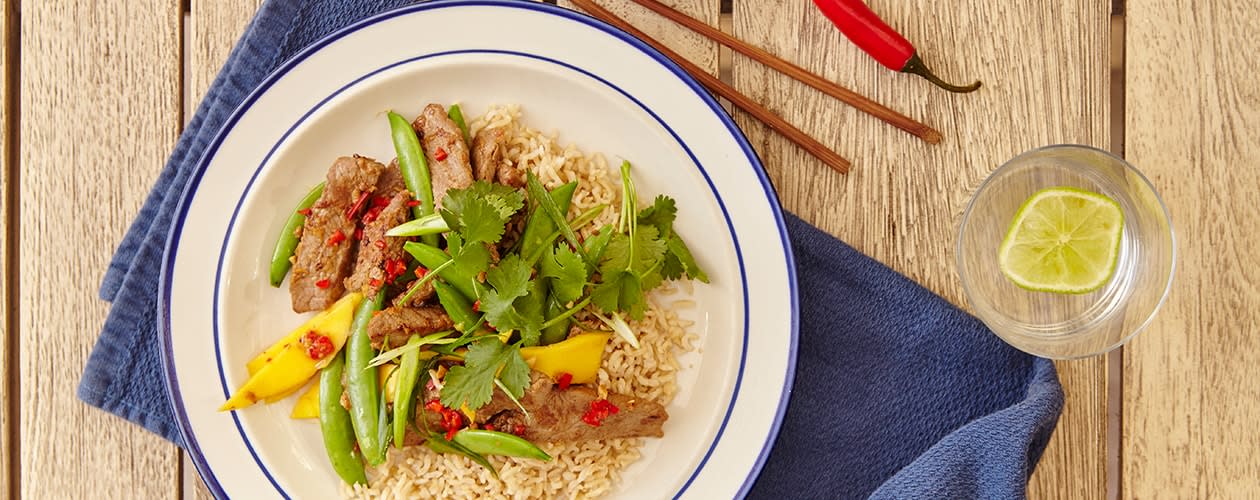Appetite do's and dont's


How to beat hunger
Do...
1. Get enough sleep
Too little sleep upsets the balance of hormones related to appetite, according to American researchers. After comparing people who had eight hours of shut-eye with those who scraped by on five, Stanford University School of Medicine researchers found a lack of sleep increases levels of ghrelin, a hormone that triggers appetite, and decreases levels of leptin, a hormone that tells the brain when you’ve had enough to eat.
2. A bit of cardio after eating
Exercising after eating can influence satiety hormones and prolong satisfaction, say UK experts. Other research has discovered a burst of moderate-intensity cardio temporarily curbs hunger. Working out is also a great distraction, says exercise physiologist Angela Daley. “When you crave a snack or wine and cheese in the afternoon, go for a walk instead. You’re less likely to feel like eating when you get back. And the brain likes new habits, so it’s good to focus on new ones, rather than the habit you’re trying to break, like constant snacking.”
3. Have a decent breakfast
“Since breakfast eaters start the day with quality fuel, they’re less likely to be ravenously hungry for snacks during the day,” explains dietitian Alison Graham. What’s a ‘decent’ breakfast? One with plenty of protein, according to US researchers. While a 2015 study found that a protein-rich breakfast is effective at helping to prevent gains of body fat as well as reducing food intake later in the day, an earlier study linked high-protein breakfasts with helping to manage appetite and hunger.
Don’t...
1. Eat while you’re distracted
It turns out we have a ‘food memory’ that doesn't kick in if we’re not 100 per cent focused on what we eat, UK scientists reveal. And, when this memory doesn’t fire up, people eat significantly more snacks in the afternoon.
2. Have too many fatty foods
Dietary fat can activate the hunger hormone ghrelin, University of Cincinnati researchers report. So, the more fatty foods you eat, the greater your appetite for them becomes. “It is also wise to assess a low-fat food’s energy content just to make sure that excessive amounts of sugar haven’t been added to make up for a loss of flavour that can occur in low-fat products,” says Graham.
3. Ignore your stress levels
“When we’re children, food is often used as a reward or to make us feel better,” says dietitian Tara Diversi, “and the trend can continue into adulthood, so we’re almost self-medicating with food when we feel stressed.” Next time you’re feeling frazzled, instead of reaching for the biscuit jar, go for a power walk or do some ‘speed cleaning’ around the house. Daley agrees: “Exercise is a fantastic stress reliever and can be a great way to unwind.” It also releases endorphins, providing a natural high.
4. Drink too much alcohol
Not only does it contribute kilojoules, but drinking too much alcohol also stimulates appetite. A University of Liverpool study found that people who drank four units of alcohol before lunch ate more high-fat, high-salt items and consumed an extra 858 kilojoules worth of food during the meal, compared to people who only consumed one pre-lunch drink.
5. Ban your favourite foods
Dietitian Tania Ferraretto explains: “Eating a little of the foods you love when you really feel like them, and enjoying them without guilt, helps you deal with cravings more successfully than banning a food altogether.”